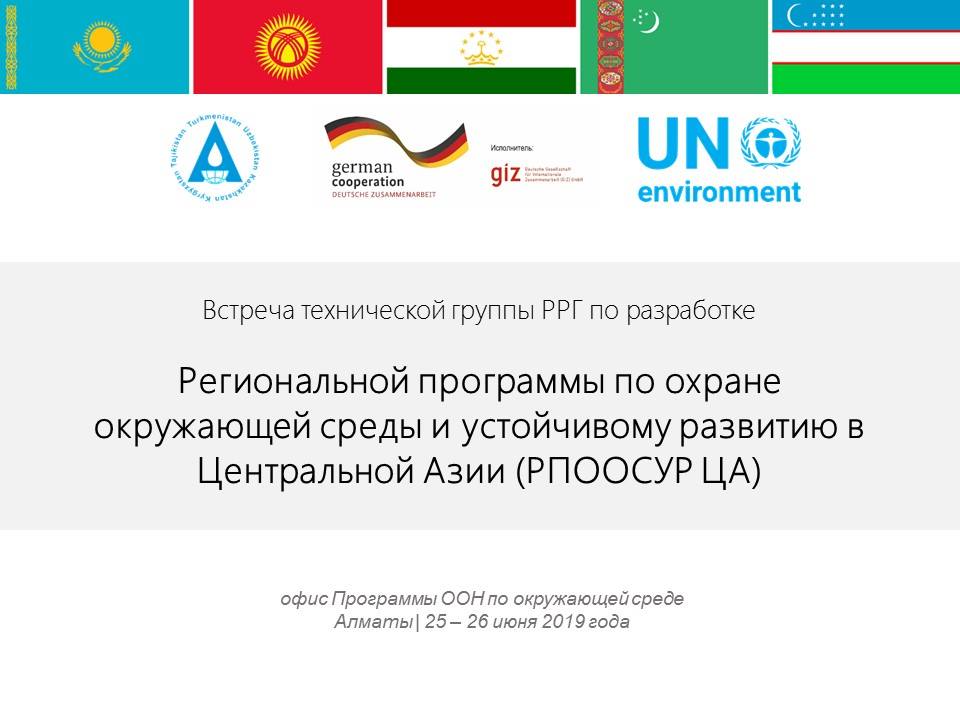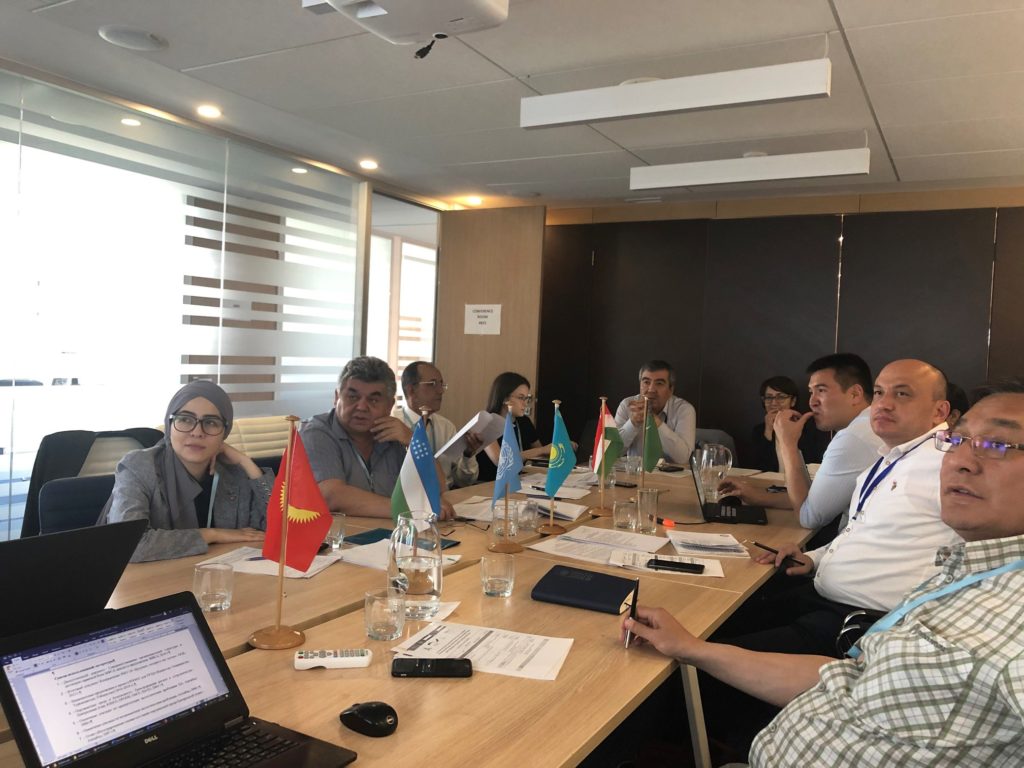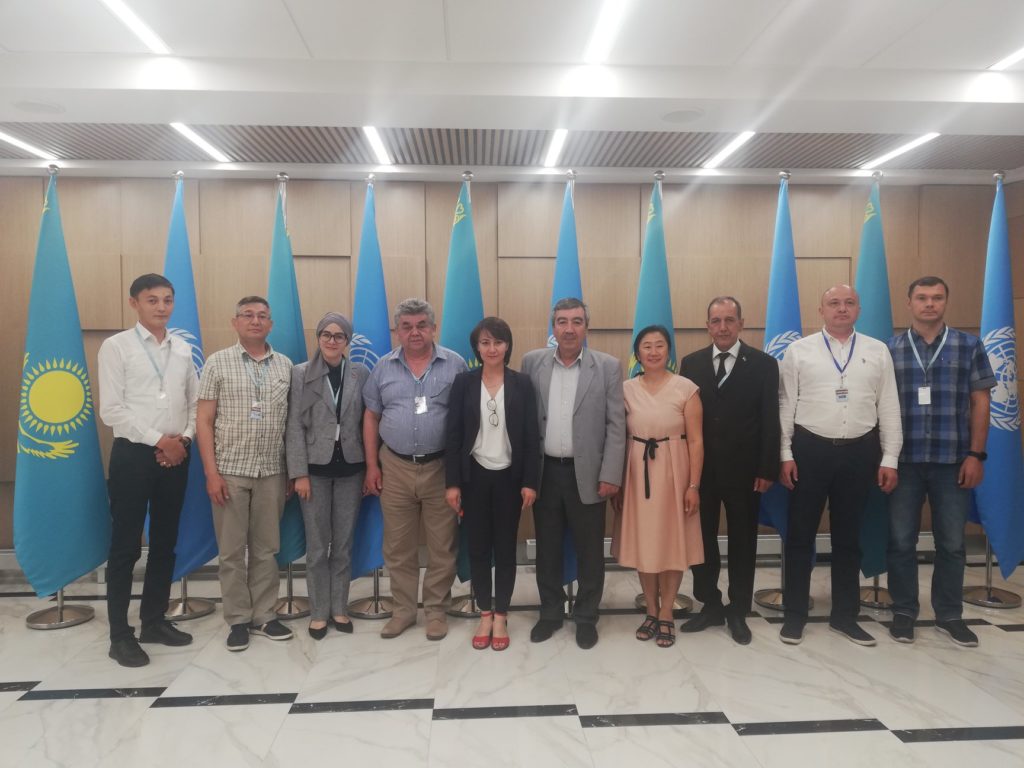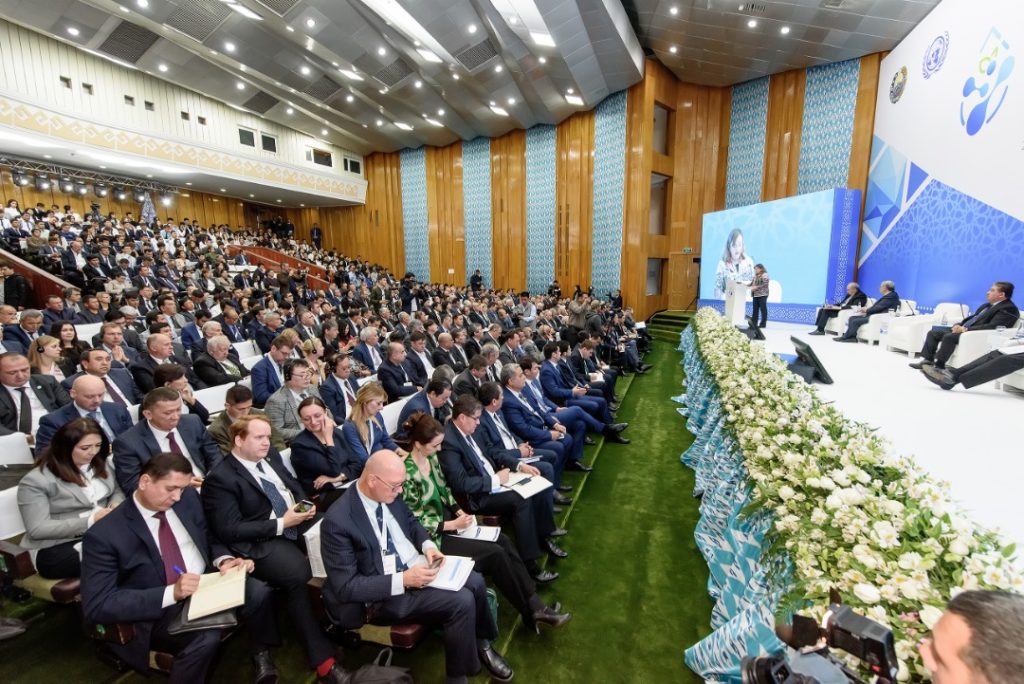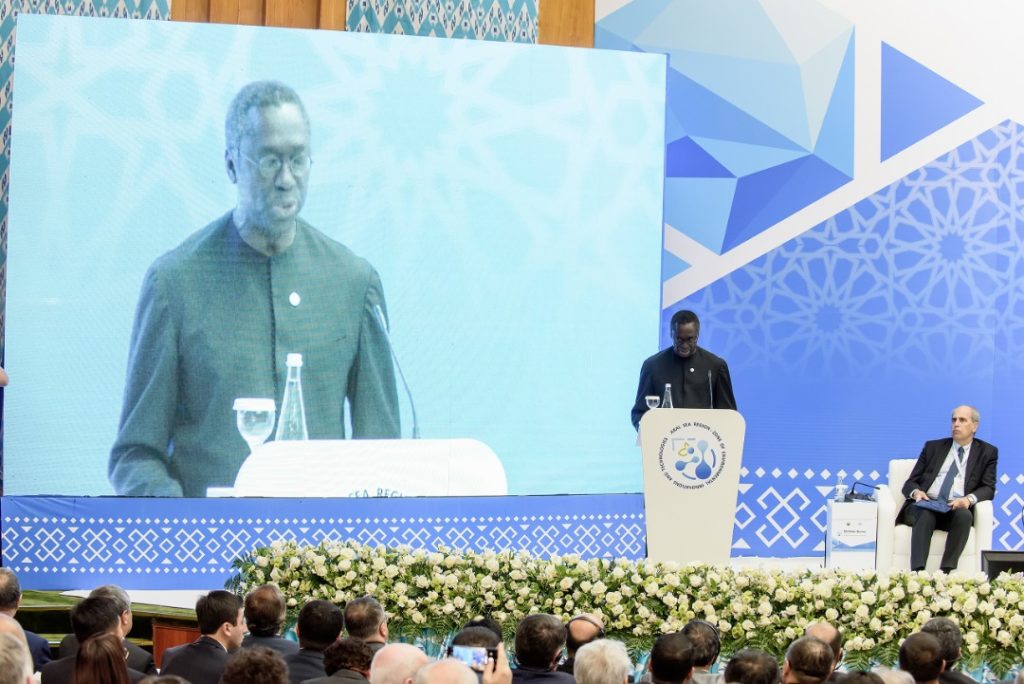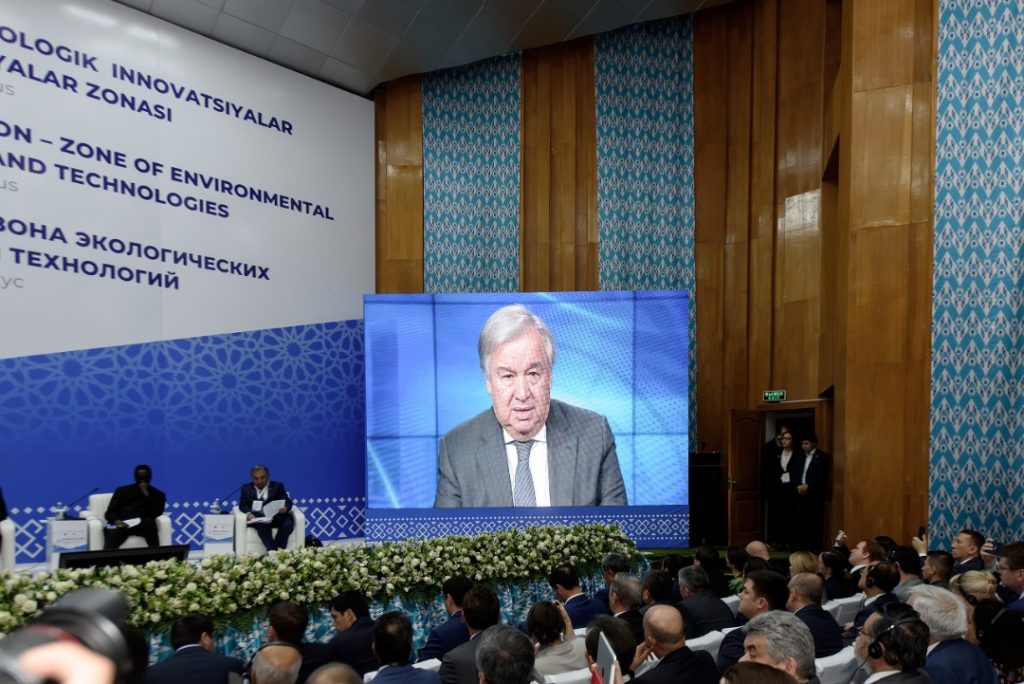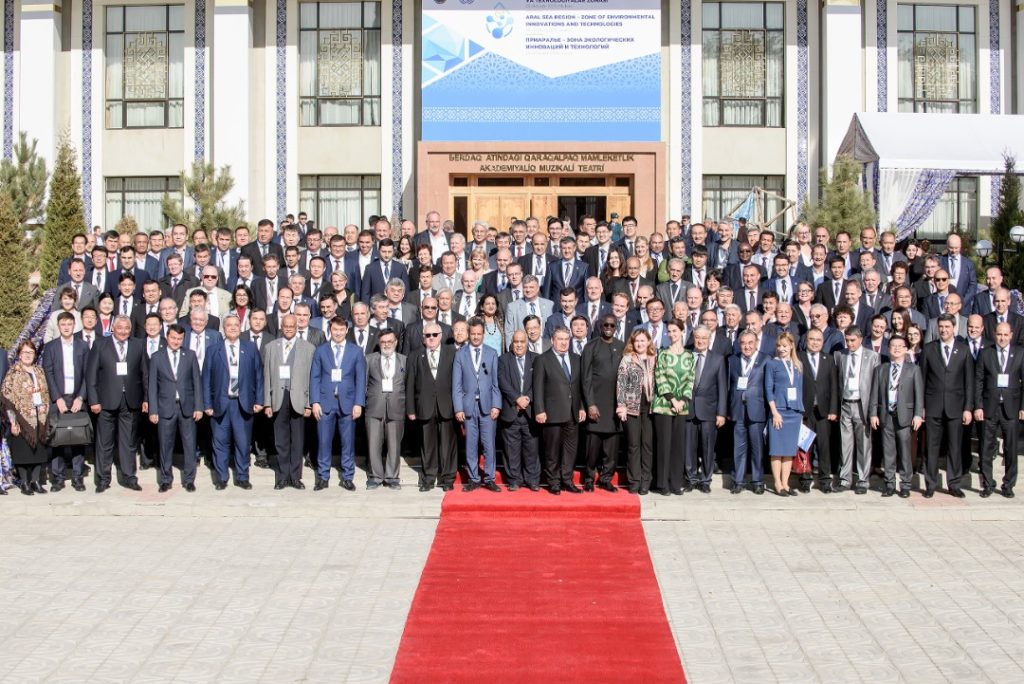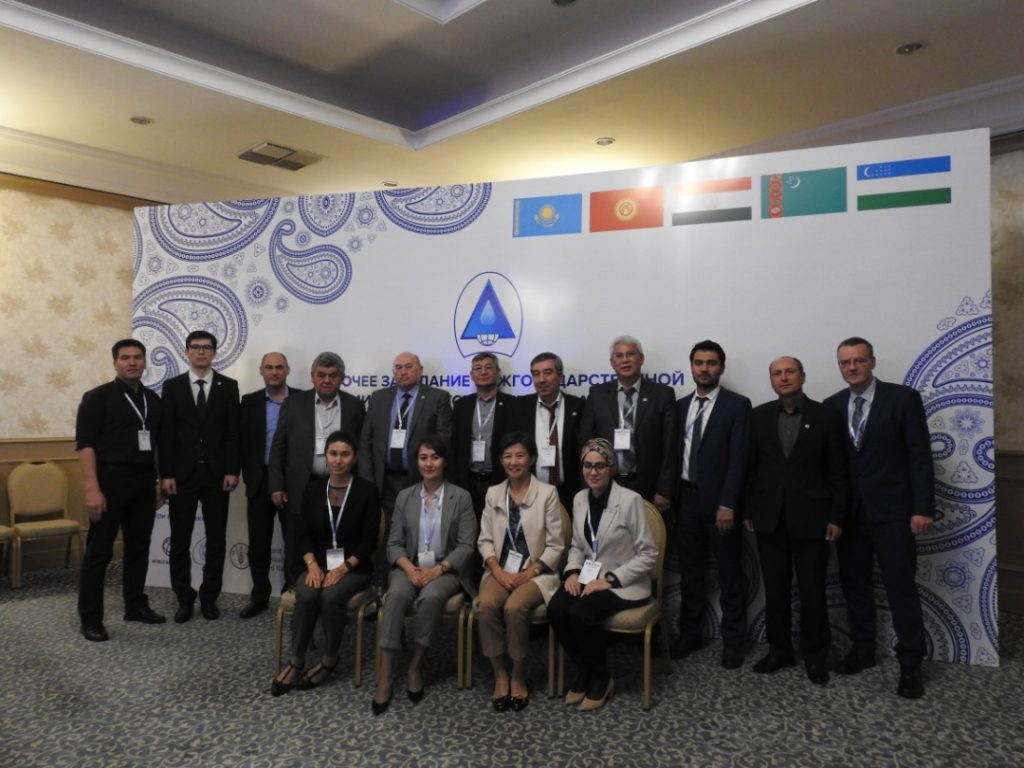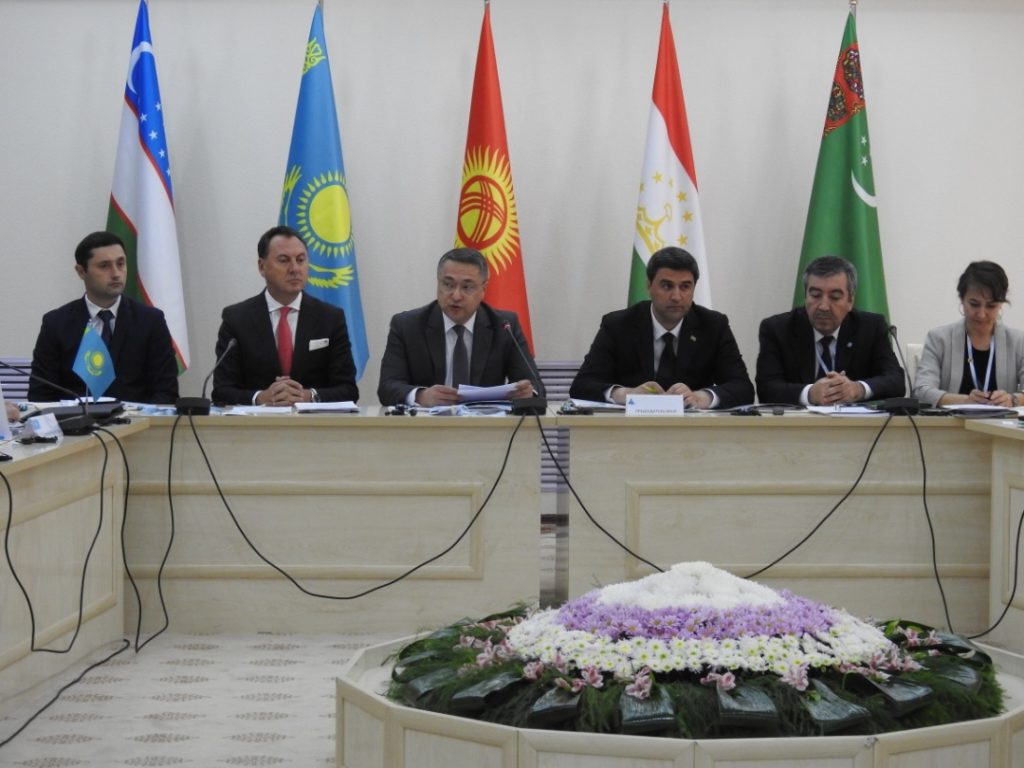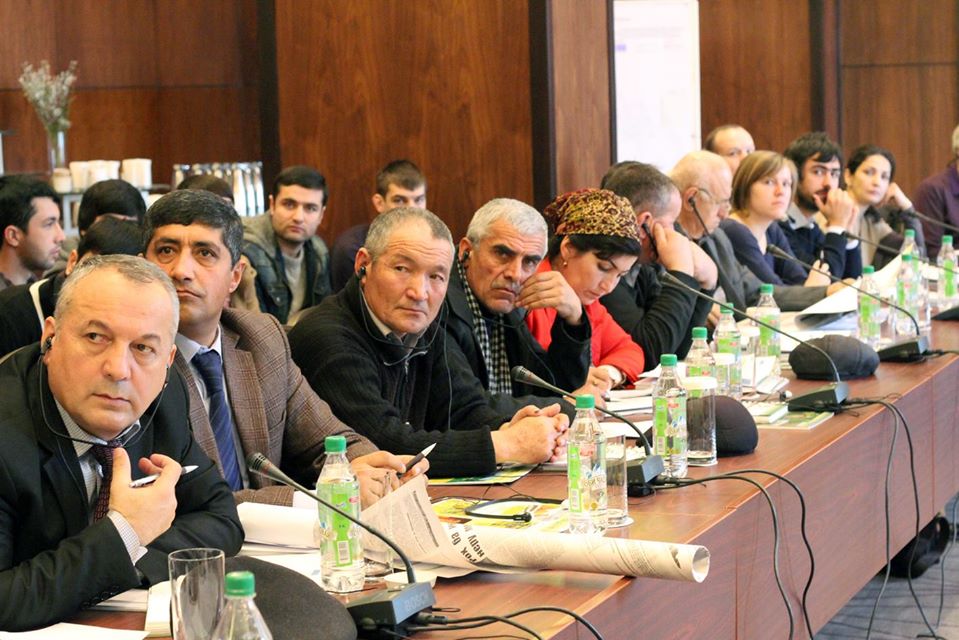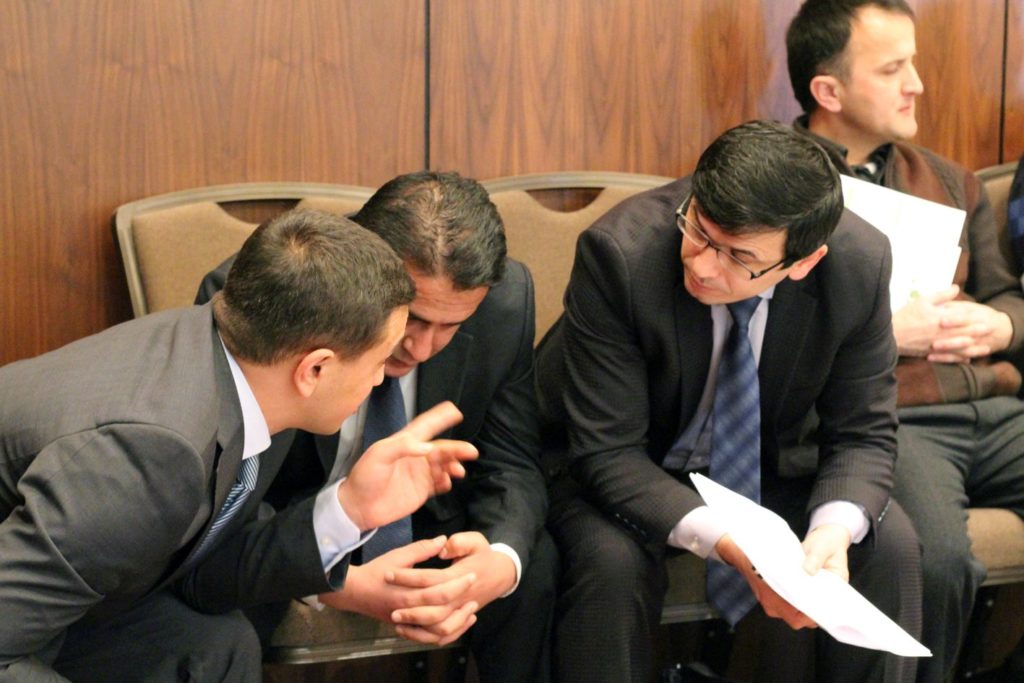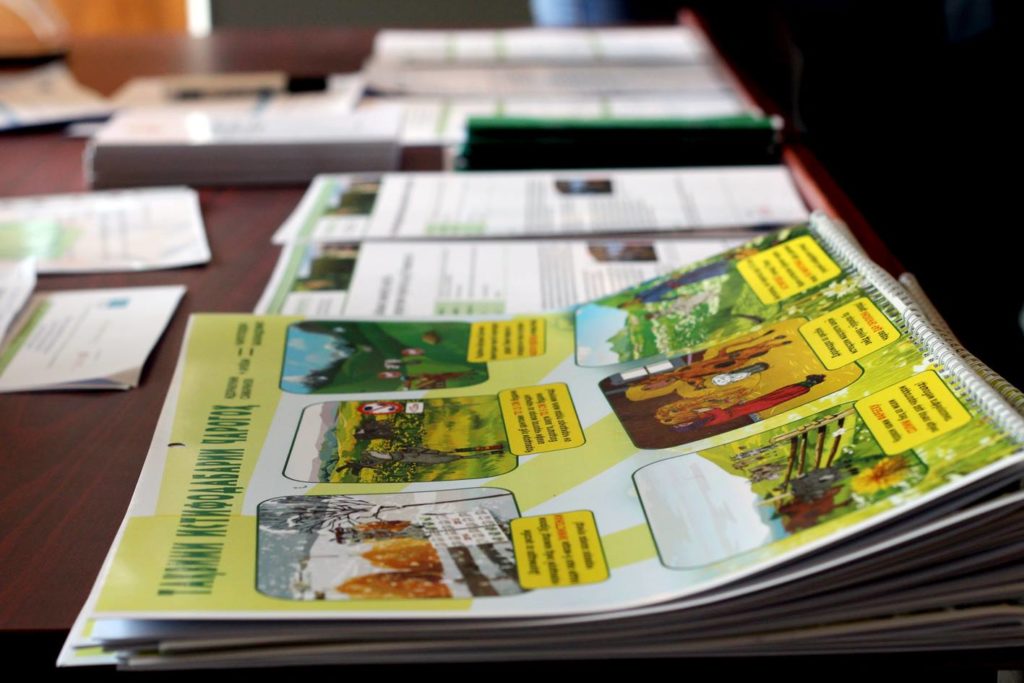In Central Asian countries, natural resource management is strongly centralized, which requires creating additional opportunities for involving the private sector and local people in the dialogue on the sustainable use of these resources taking into account economic, social and environmental aspects.
Starting from 2017, Deutsche Gesellschaft für Internationale Zusammenarbeit (GIZ) GmbH (German Federal Enterprise for International Cooperation) has been providing expert support in the development of the Regional Environmental Program for Sustainable Development in Central Asia (REPSD CA), Besides expert support, the Program supported technical meetings, meetings of national working groups and the regional working group (1st: December 2018 in Almaty; 2nd April 2019 in Tashkent; 3rd April 2019 in Almaty). GIZ with other international partners (United Nations Environment Program, CAREC) is actively involved in this process.
The meetings helped to reveal the national priorities of each of the countries participating in the Interstate Commission on Sustainable Development (ICSD). Only those topics that were of interest to two or more countries were submitted for discussion by the regional working group in order to ensure the regional nature of meetings. Numerous remote and personal discussions made it was possible to reach a consensus of the parties and to prepare draft REPSD CA, which was adopted in October 2019.
The regional cooperation of the GIZ Program with the ICSD Scientific Information Center was established in January 2016. The Program team assisted in the development of a systematic organizational process to strengthen the overall management and role of the ICSD among the founding countries; the capacity of ICSD bodies; the information policy and the workflow system, mechanisms and tools of external and internal communication; providing technical assistance to SIC branches according to their needs.
At the national level, the GIZ Program promotes dialogue among various stakeholders and improves the legal framework. Specifically, the Program carried out a pasture management institutional analysis, which reflects the institutional and legal structure and distribution of roles and responsibilities in the pasture management system of Tajikistan. The document also suggests potential entry points for future donor-funded activities that could strengthen the institutional framework for sustainable pasture management in Tajikistan.
The GIZ Program assisted in the development of the Law on Pasture and related regulations. The new law was developed in 2018 and approved by the government in 2019. Besides a number of regulations were developed such as the Regulation on the Machlis Commission on Pasture Regulation and Use , the Regulation on Definition of an Authorized Body for State Administration and Use of Pastures and the Charter for pasture users.
In Tajikistan, GIZ also helped create and establish a Regional Pasture Network. This informal platform for communication brings together more than 50 governmental, international and non-governmental organizations, as well as scientists and researchers. It works to support supporting national dialogue and knowledge sharing based on local practical experience of platform members. The draft Charter of the Pasture User Unions developed by members of the Platform makes it easier for users to create pasture unions and self-organize.
